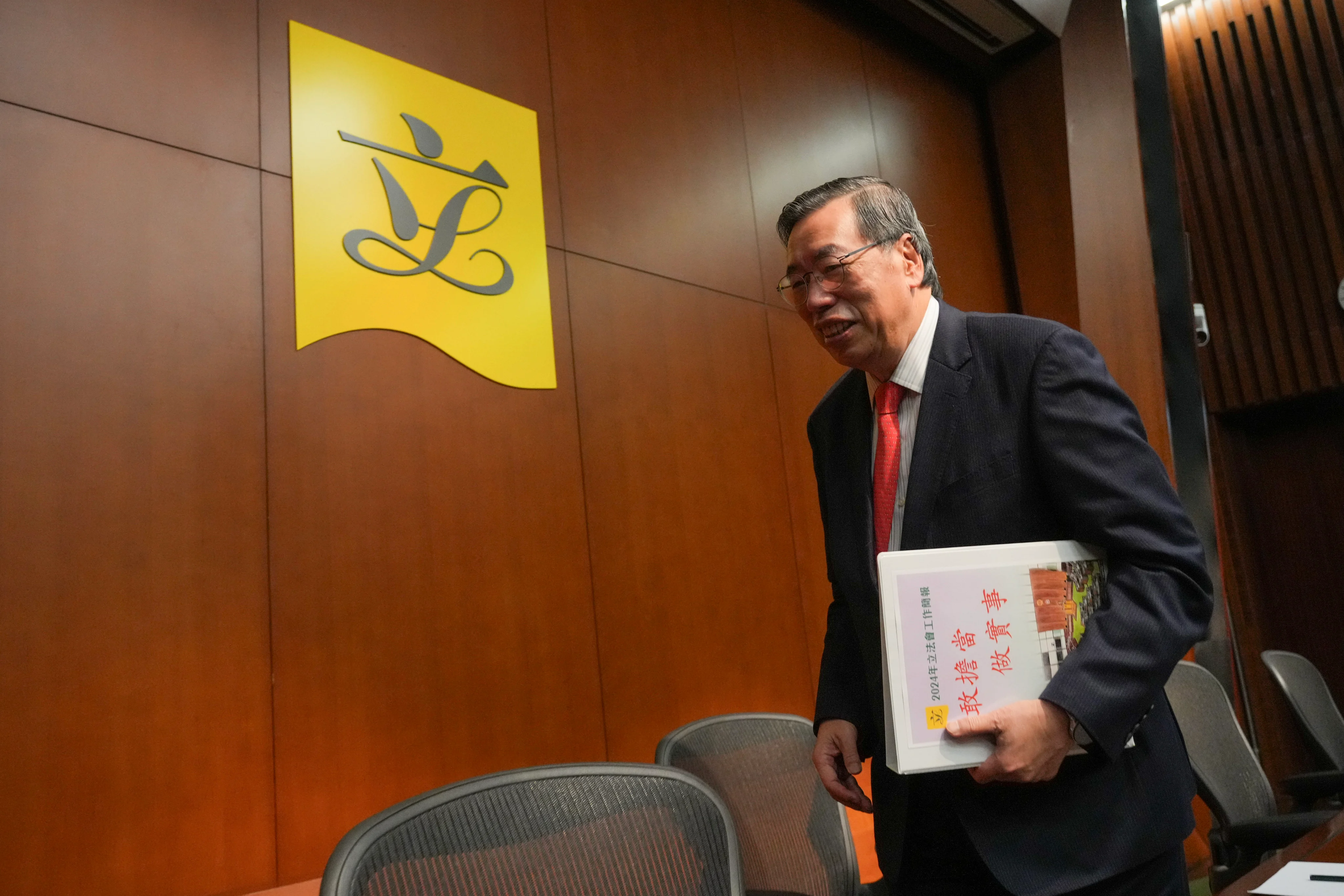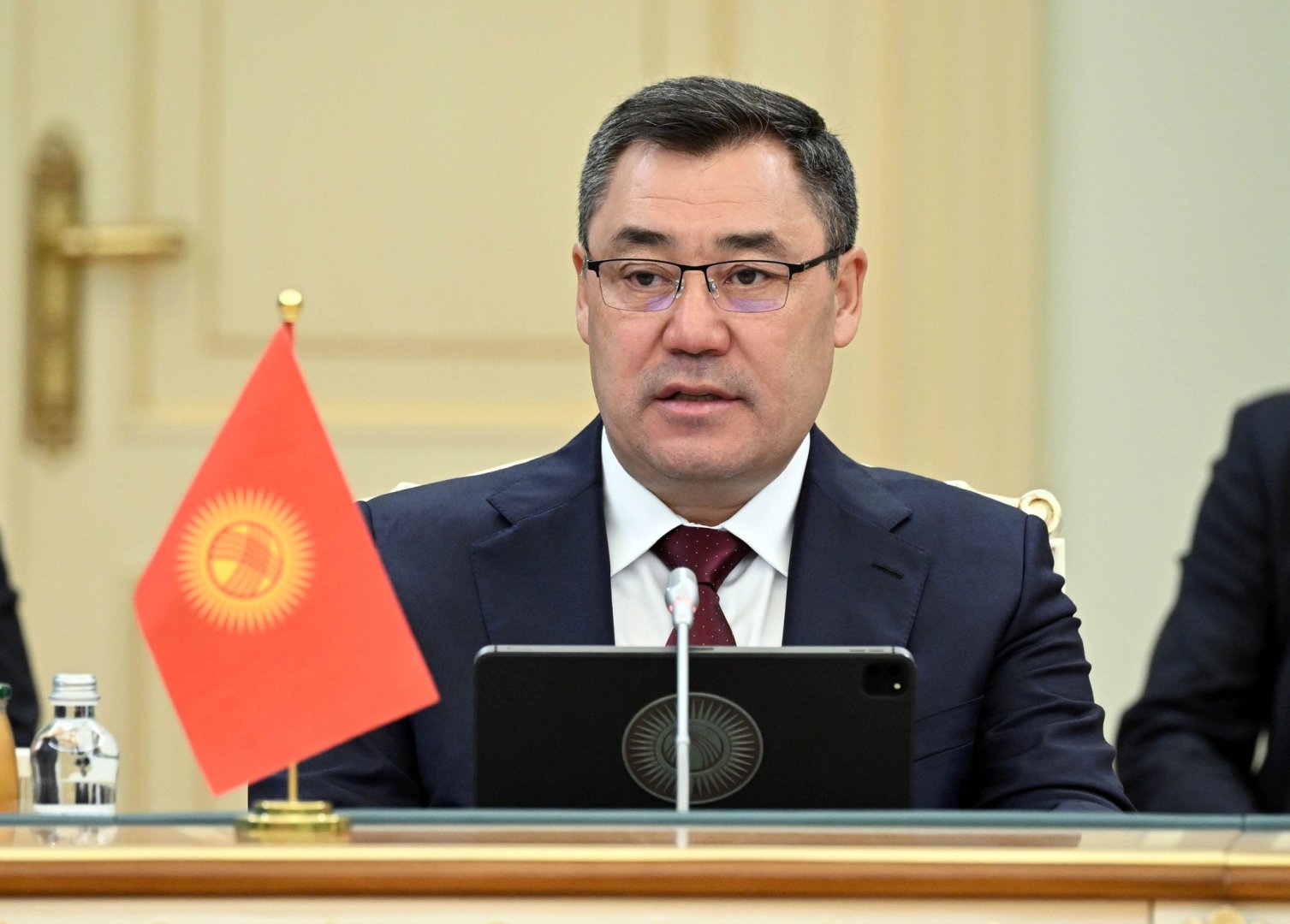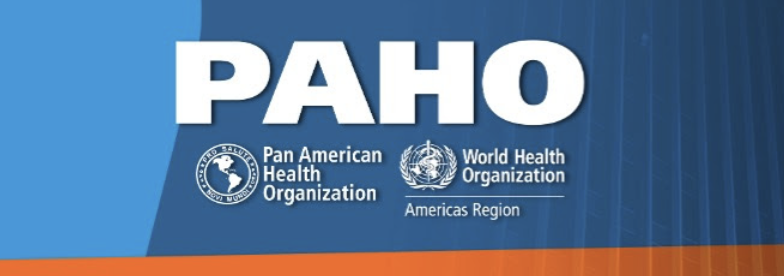By Matthew Cheng,Willa Wu
Copyright scmp

The incumbent president of Hong Kong’s legislature has announced that he will not seek re-election in December’s poll, citing family considerations, his age and personal reasons for his retirement.
Andrew Leung Kwan-yuen, 74, who has chaired the Legislative Council for nine years, said on Monday that he hoped his early announcement would give capable candidates sufficient time to prepare for the Legco election on December 7.
Leung’s decision to step down came just over three weeks before the current legislature’s term ends on October 24, the same day the nomination process for the coming election begins.
Representing the industrial functional constituency, Leung joined the legislature in 2004 and has chaired Legco for two terms since 2016. He is a member of the Business and Professionals Alliance for Hong Kong, one of the legislature’s four major political parties.
“Serving as the Legco president and having the opportunity to contribute to society to the best of my ability in this position has been the greatest honour of my life. I feel that now is an appropriate time to step down with a sense of accomplishment,” he said.
“It was a difficult yet somehow easy decision to make … I’ve discussed it with my family and my party.”
“Considering my age after 21 years in the legislature, I’m thinking whether it is time to retire and do some other things,” he added, though he noted he had no health concerns.
Asked if his announcement would raise concerns about an age limit for lawmakers, Leung stressed that it was solely his personal decision.
“I hope my early announcement will allow those who want to run for the election to have enough time to prepare … And I also encourage more residents to vote in the election,” he said.
Reflecting on his nine years as Legco president, Leung said he had led the legislature in overcoming “numerous” difficulties and had upgraded both its “hardware” – such as refurbishing the Legco complex – and its “software” by developing many artificial intelligence projects to improve work efficiency.
Among the achievements under his leadership, Legco successfully assisted both the central and local governments in ending opposition lawmakers’ disruption of legislative operations and local governance, Leung said.
Leung noted that the current Legco term, which began on January 1, 2022, would pass 124 government and six members’ bills if controversial ride-hailing legislation was approved later. This represented a 60 per cent increase in bills passed compared with the previous term, he added.
He also highlighted a recent amendment to Legco’s Rules of Procedure, which eliminated filibustering and other behaviours that were against the interests of the city and the country, restoring rationality and pragmatism to the legislature.
A new code for members has been introduced into the Rules of Procedure and will apply to the next term’s legislators starting in 2026. The code sets out various punishments, including suspension and deductions of pay and allowances, for three levels of misconduct.
Lawmaker Gary Chan Hak-kan, chairman of the Democratic Alliance for the Betterment and Progress of Hong Kong, described Leung’s decision to step down as sudden and a loss to Legco, praising him as a caring senior dedicated to nurturing the next generation.
Chan said Leung was a competent president and commended his efforts in introducing technologies to support the Legco secretariat’s work and overseeing the expansion of the complex.
Fellow lawmaker Bill Tang Ka-piu of the Federation of Trade Unions praised Leung for leading Legco through challenges, including turmoil and clashes of the previous term.
When asked about Leung’s successor, Tang said the role required a veteran lawmaker with extensive parliamentary experience and expected the new president to ensure the smooth and effective implementation of the members’ code.
In the previous Legco term, from 2016 to 2021, opposition lawmakers used filibusters to block government proposals during months-long anti-government protests against a now-shelved extradition bill.
The protests prompted Beijing to overhaul Hong Kong’s electoral system, allowing only “patriots” to administer the city.
Leung also cited the enactment of the local national security law as his most successful legislative achievement, calling it “a milestone” in securing Hong Kong’s long-term stability and prosperity.
The legislature unanimously approved the law in April 2024, fulfilling a constitutional requirement under Article 23 of the Basic Law and supplementing the national security law imposed on the city by Beijing to end the 2019 protest chaos.



